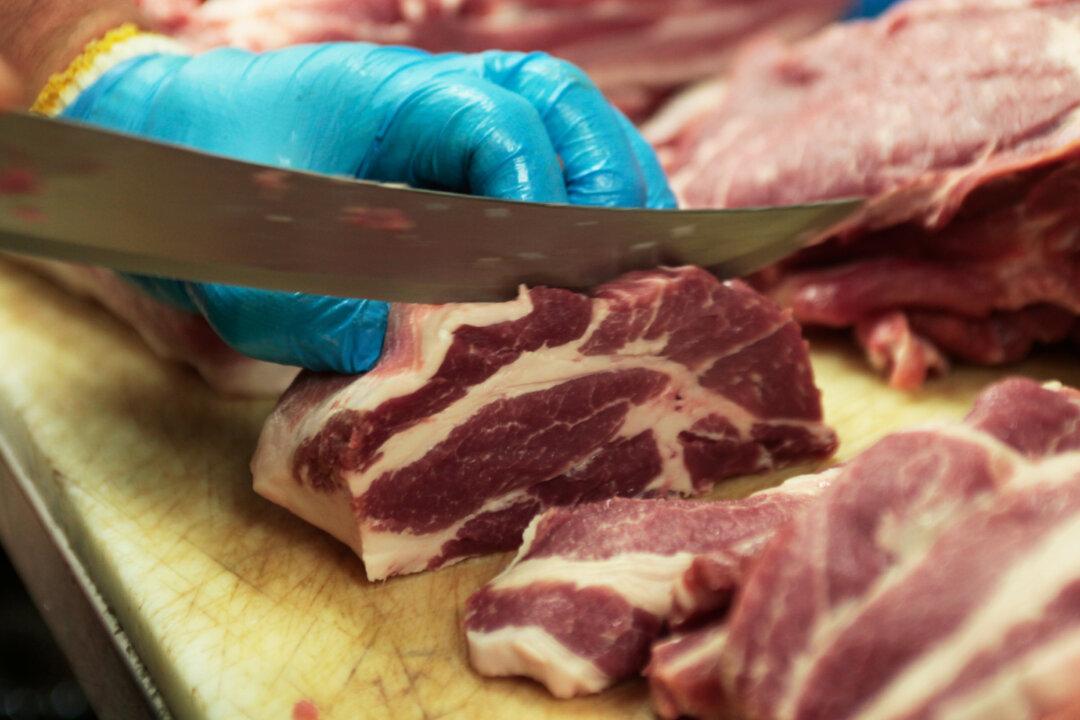WINNIPEG, Manitoba/OTTAWA—China has suspended pork imports from two Canadian companies, according to an interview with Canada’s agricultural minister and a Chinese customs document, marking the latest irritant in a widening diplomatic dispute.
Canadian Agriculture Minister Marie-Claude Bibeau said in an interview with Reuters on May 1 that she has not yet received an official notice from China of the permit suspensions, and would not identify the companies involved.





